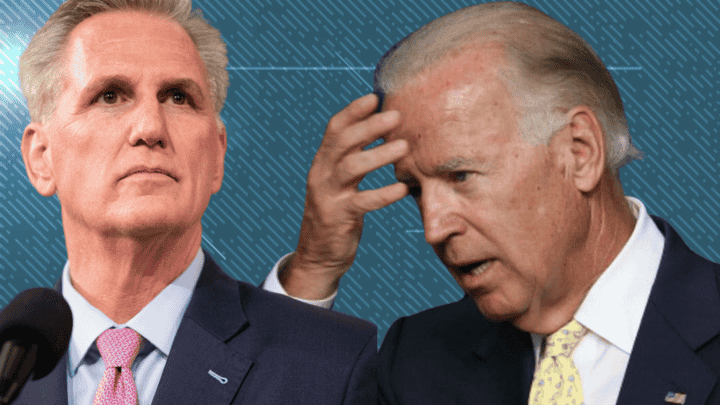Magnus Carlsen, the current chess world champion, has publicly accused his opponent, Hans Niemann, of cheating.
To support his claim that Mr. Niemann “cheated more and more recently than he has publicly admitted,” he released a statement in which he provided no evidence.
Carlsen had made cryptic claims about Niemann before the latter shocked the world by defeating Carlsen this month.
The 19-year-old Niemann has denied any cheating in competitive chess and has accused Carlsen of attempting to destroy his career.
Are We Witnessing a Recurrence of Past Events?

As a game that has been played for centuries, chess has a long history of cheating. Perhaps most crucially, it has progressed to an intolerable level over time.
In 1769, Hungarian poet and inventor Wolfgang von Kempelen presented a chess-playing robot called The Turk.
Chess enthusiasts in Europe were awed by this groundbreaking equipment for decades.
In 1825, a German named Johann Nepomuk Mälzel, who is also known as the inventor of the metronome, brought The Turk to the United States.
In an essay he wrote in 1836, Edgar Allan Poe famously declared that Mälzel’s Chess Player (the new name The Turk took on in the US) is a fake and that a human chess player is hiding behind its contraptions.
Not only was Poe not the first American to discover and report that the automation contained a human player hidden within it, but his other claims regarding Mälzel’s Chess Player from his 1836 essay were also subsequently proven to be incorrect.
Magnus Carlsen, the finest chess player in the world, claims that Hans Moke Niemann, a rising star from the United States, is habitually cheating at chess competitions by using computers.
In Other Words, What Happened?

As white, Norwegian chess ace Magnus Carlsen withdrew from his September 19 match against American Hans Niemann, the 49th-ranked player in the world.
Carlsen abruptly bowed out of their Julius Baer Generation Cup encounter when the black player moved a piece in response.
When Carlsen unexpectedly resigned a fortnight after his Sinquefield Cup loss against Niemann, he accused Niemann of “cheating.” This was the first time Carlsen had ever withdrawn from a tournament.
Carlsen has implied displeasure with Niemann’s involvement in competitions and cryptic texts.
On his Twitter account, Carlsen wrote, “I sense that Niemann has cheated more and more recently than he has officially admitted.”
The world champion’s accusation has opened a can of worms, with many other elite sportsmen and chess players now voicing their concern that the game is tainted by cheating.
After That, Where Did Things Go?

One of the rumors claims that Niemann while utilizing a computer chess engine, relies on wireless anal beads to vibrate the proper moves to him.
Elon Musk, the founder of Tesla, poked fun at the hypothesis in a now-deleted tweet, which contributed to its subsequent online popularity.
Niemann responded that he did, in fact, cheat with a chess engine during his time as a junior high and high school student in unrated online chess competitions, but that he has stopped doing so since then. He also proposed playing while undressed to demonstrate his purity.
Carlsen was unconvinced, though, and walked out on his next game against Niemann at the Julius Baer Generation Cup after only one move.
Since then, Chess.com has produced a 72-page report on the controversy stoked by Carlsen and canceled Niemann’s account.
Niemann has admitted to cheating in an online competition when he was 12 and in some “random games” when he was 16, but he has categorically denied ever cheating in an offline tournament.
Conclusion
World chess champion Magnus Carlsen accuses Hans Niemann of cheating. After winning the Julius Baer Generation Cup, Carlsen accused Niemann of cheating. He refused to play Niemann, stating he “cheated more than he has admitted.” The world’s finest chess champion Magnus Carlsen charges that a fast-rising American youth, Hans Moke Niemann, 19, cheats at chess competitions with computers. The allegation came from Carlsen in a cryptic way after he lost to Niemann, ranked 51st in the world, on September 4 in the US.



